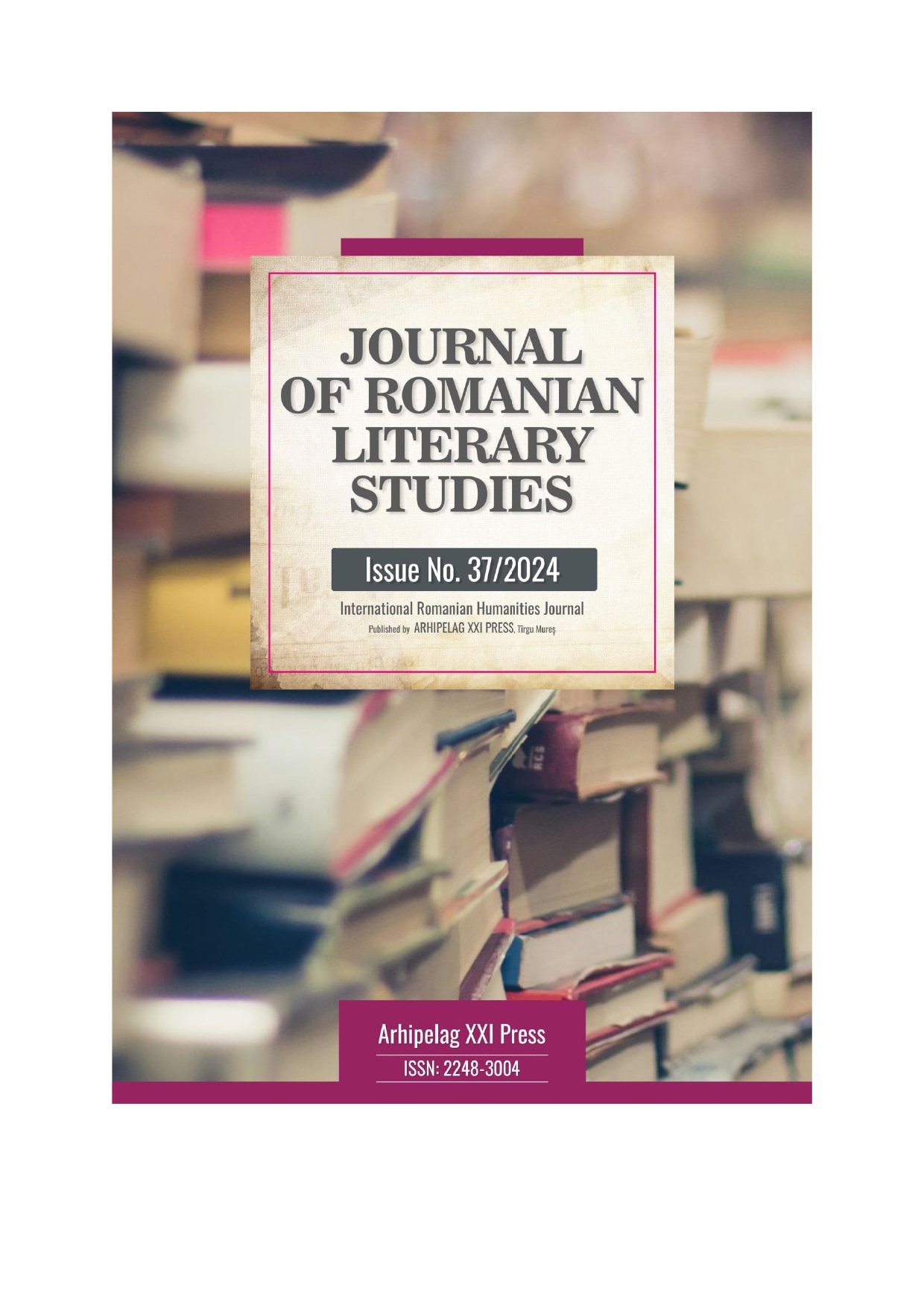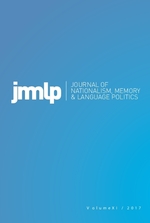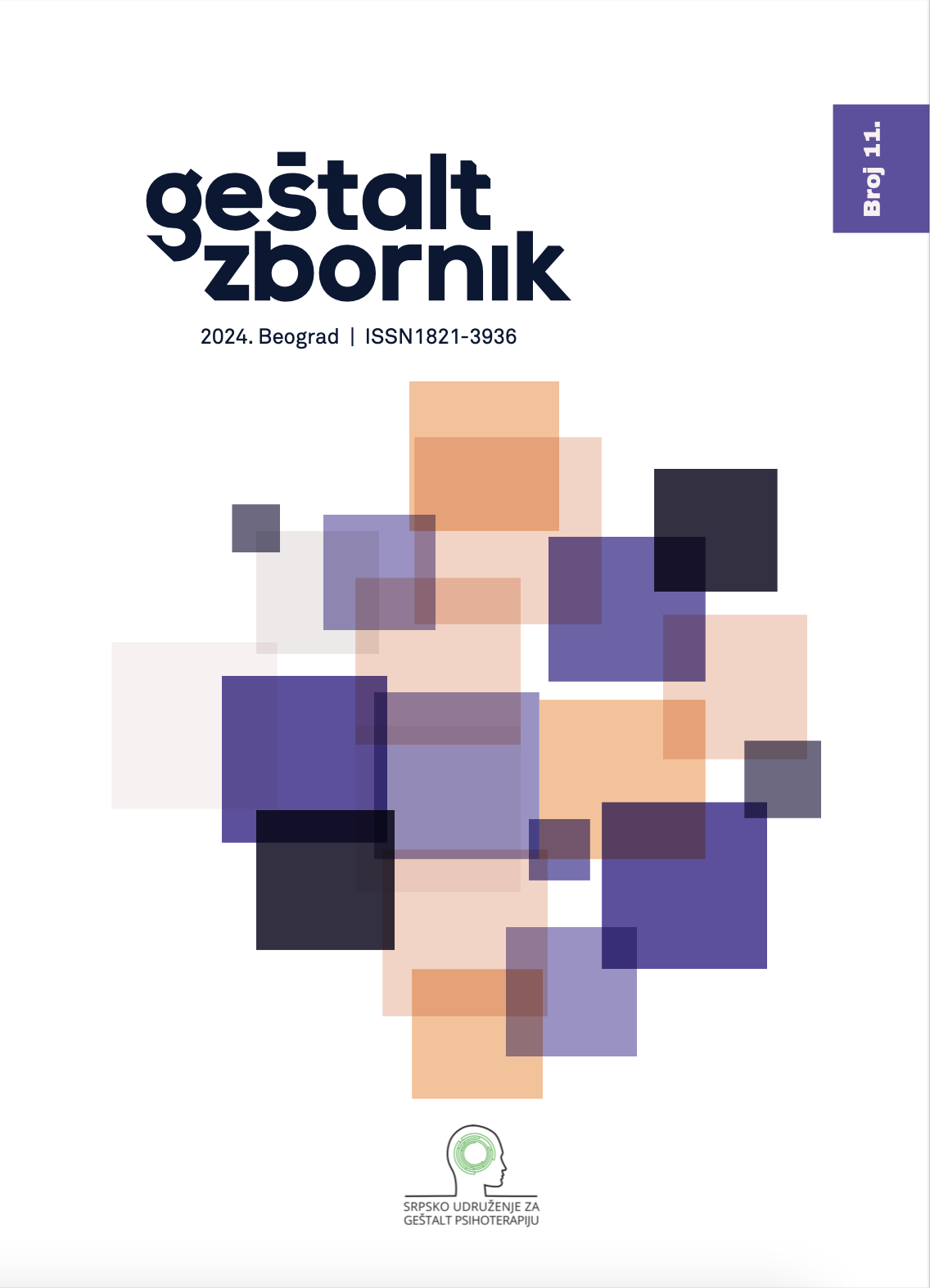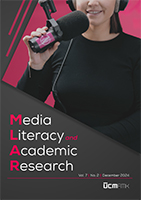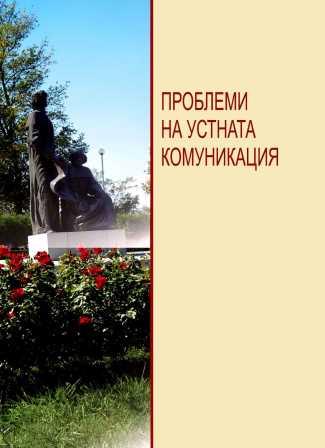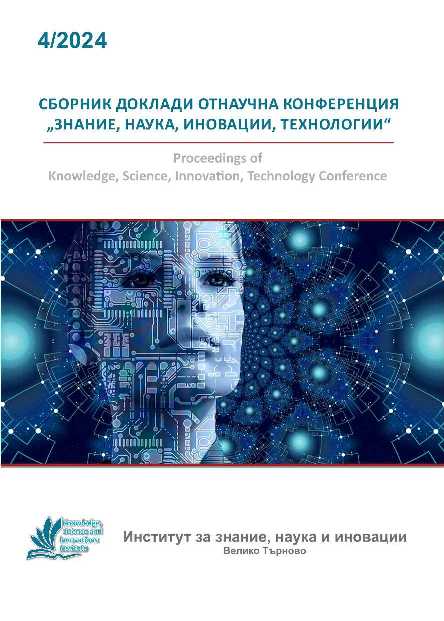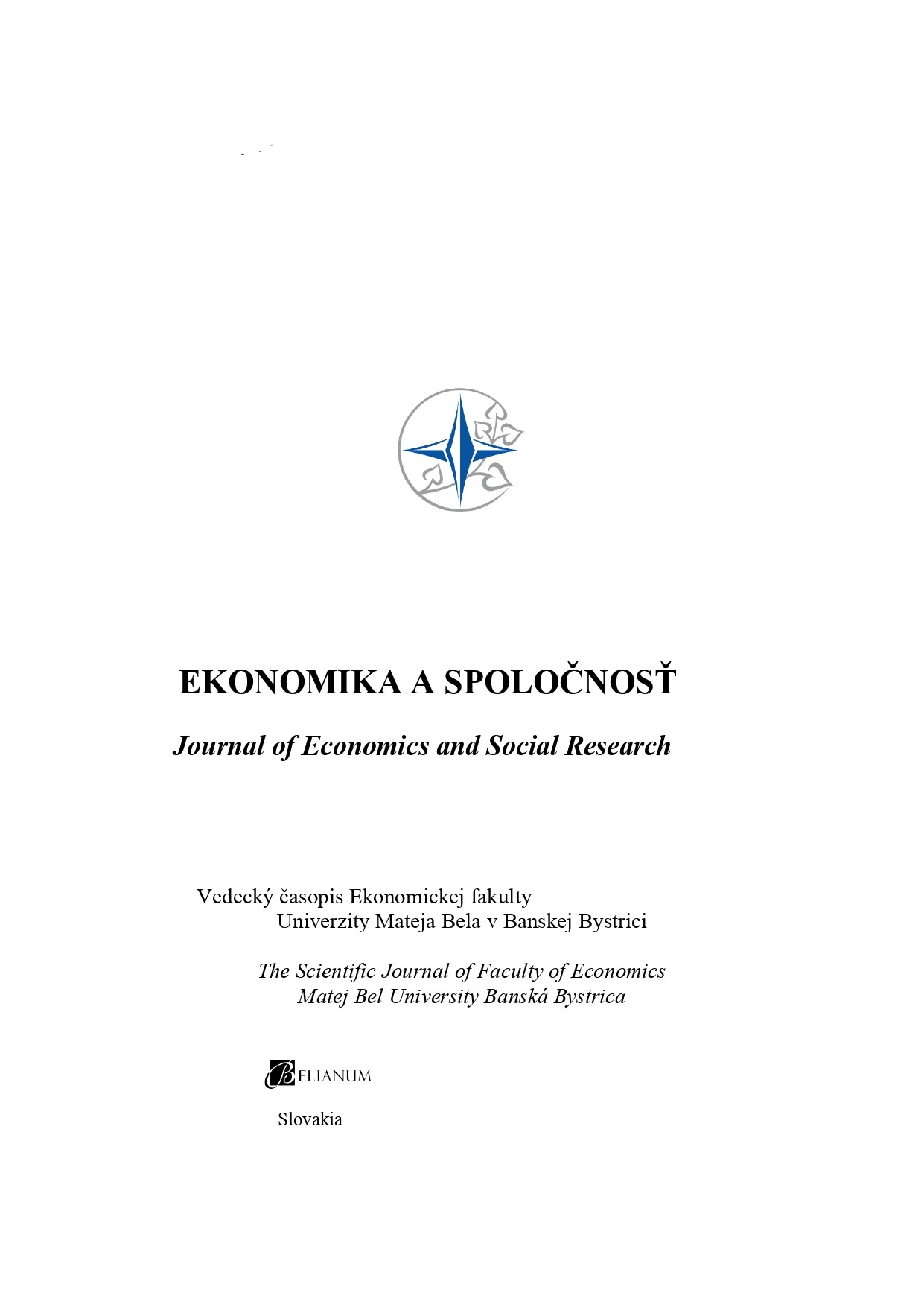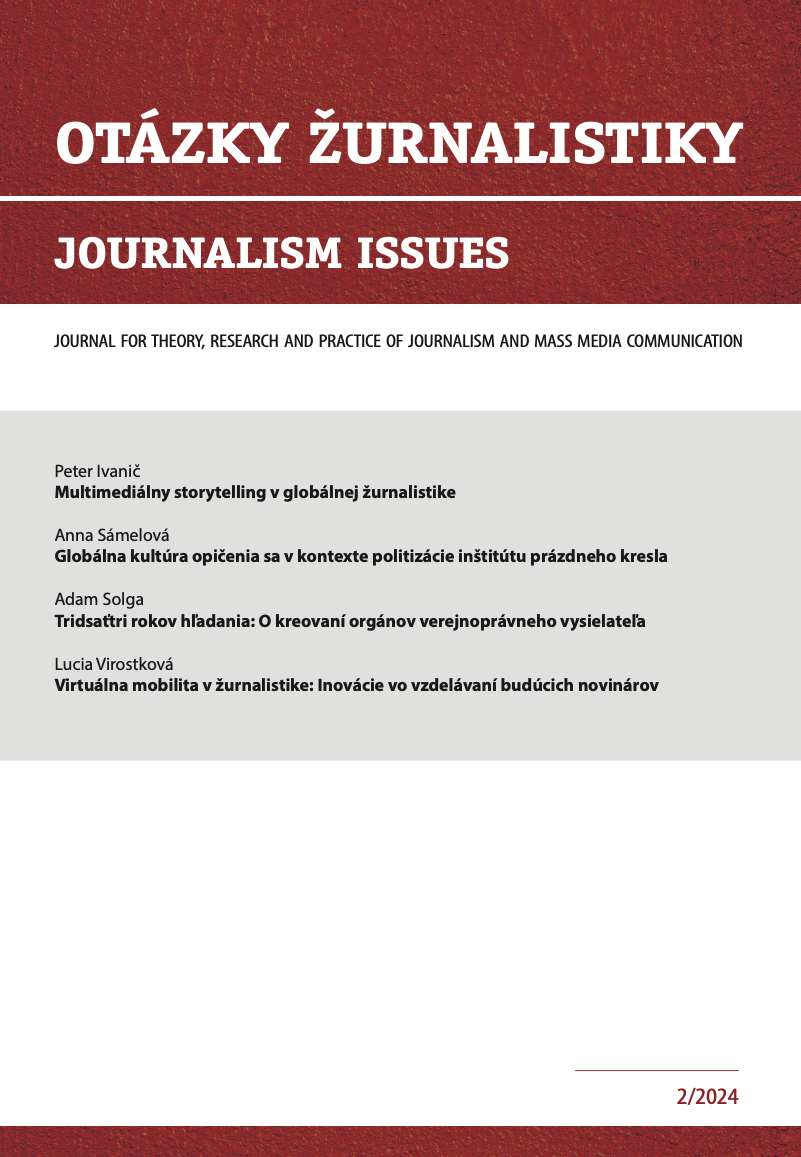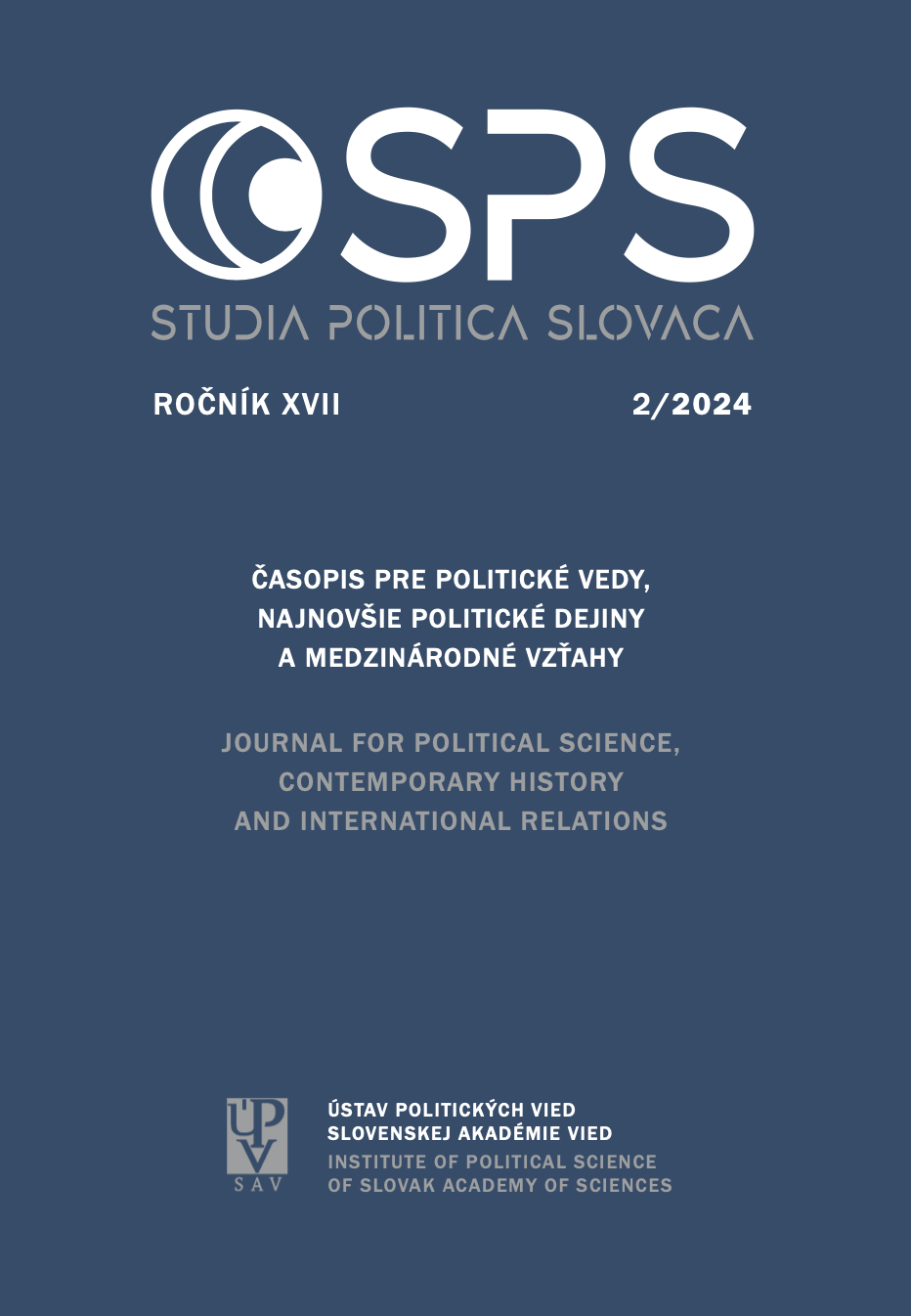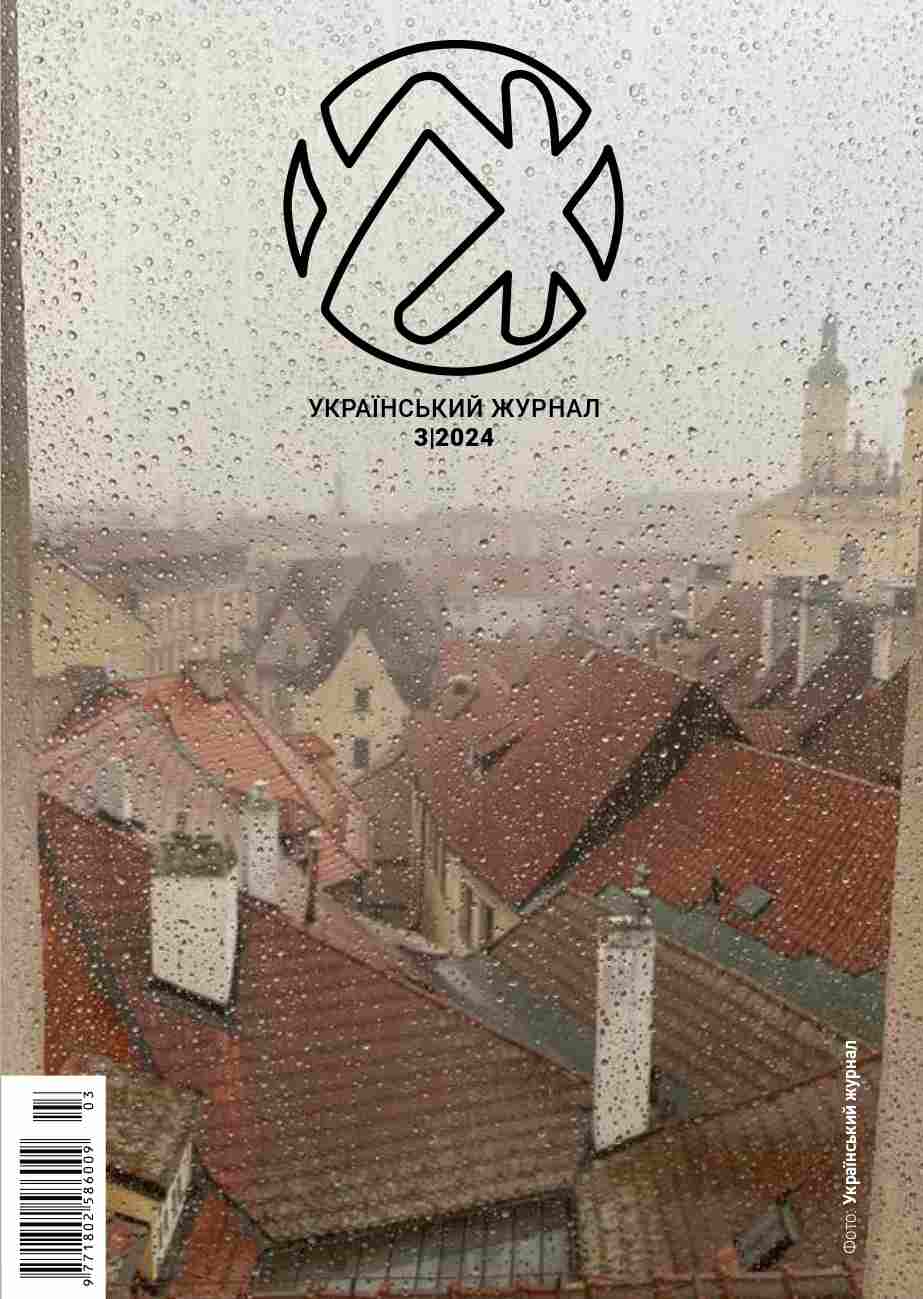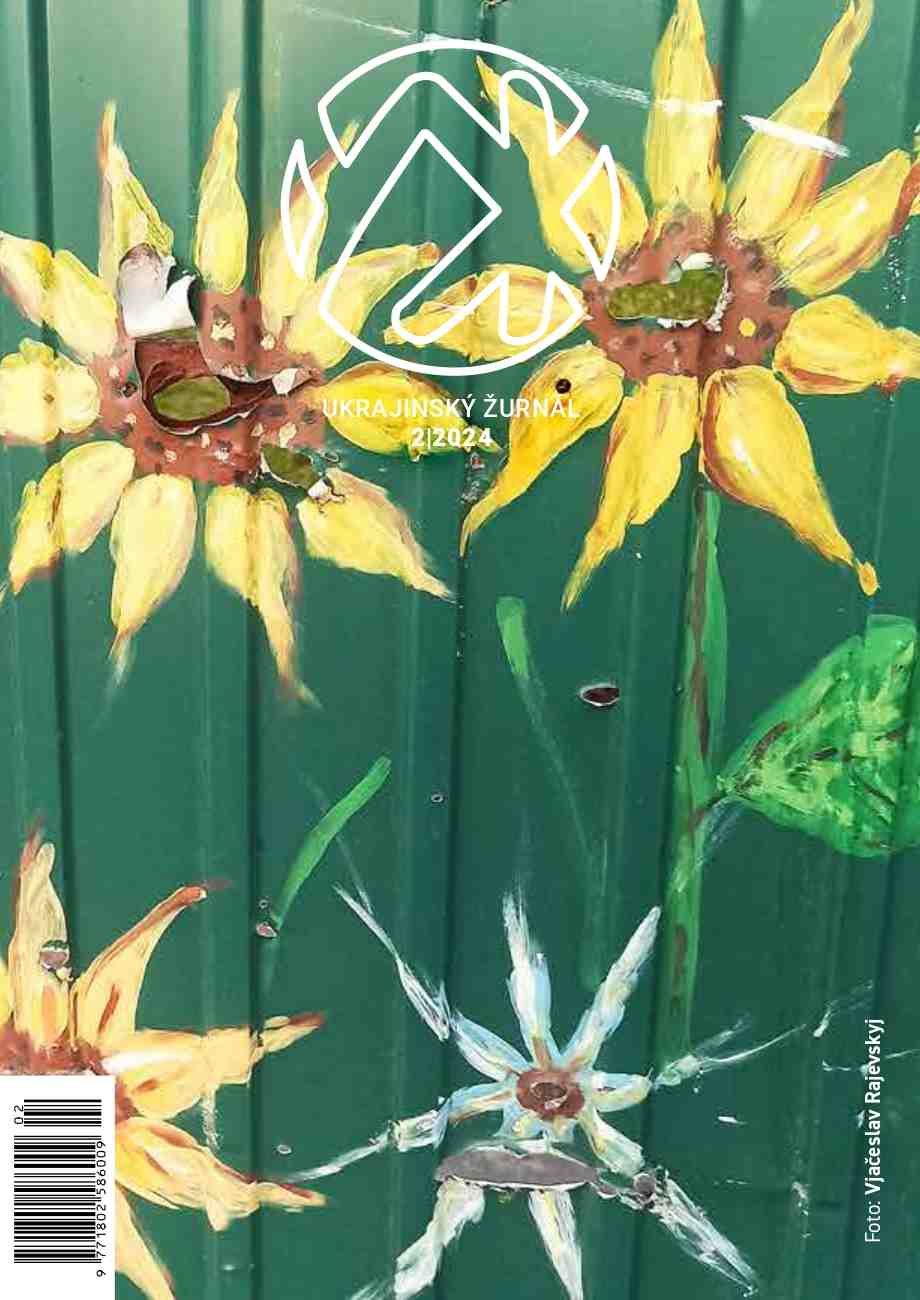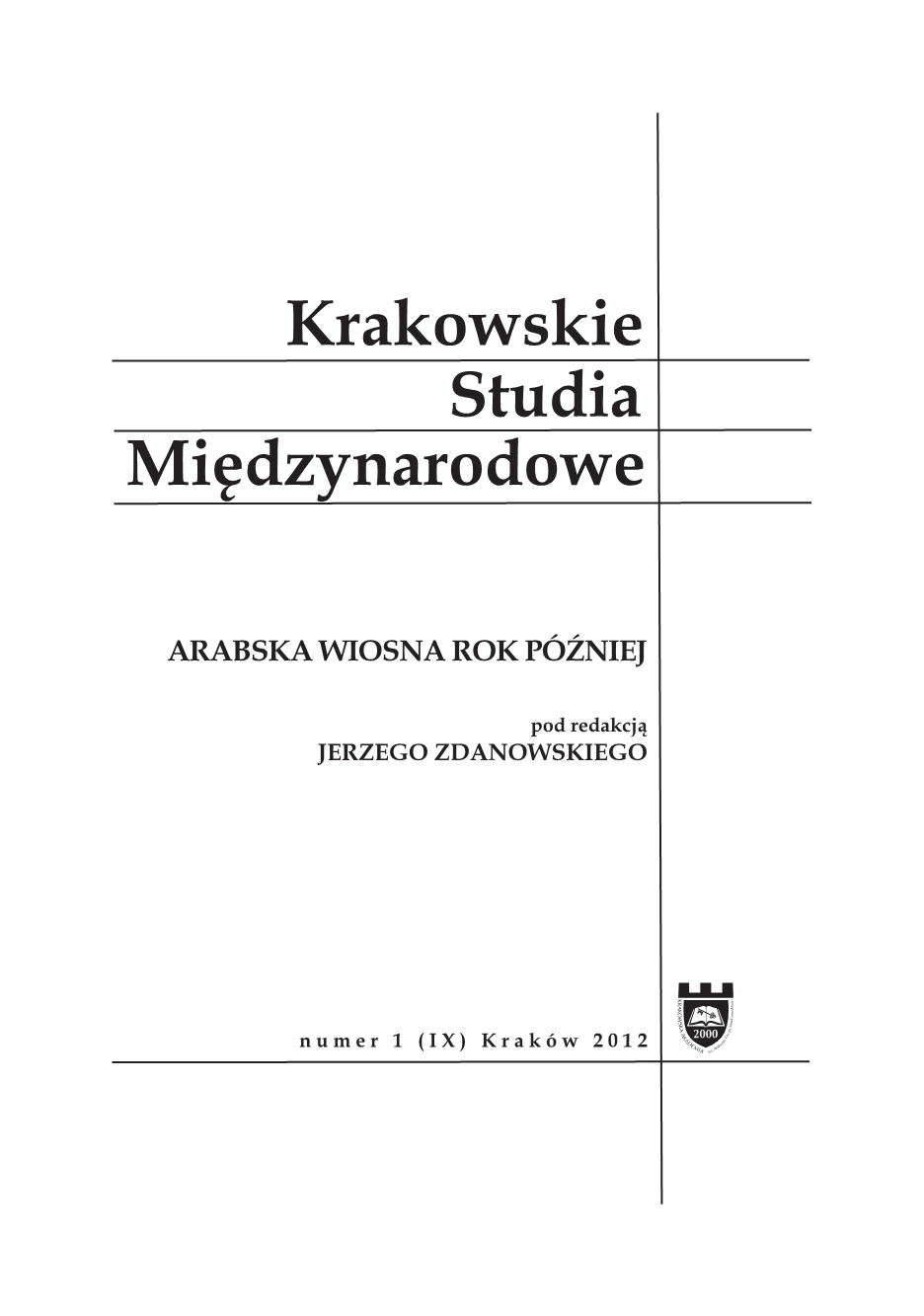
Dlaczego Arabska Wiosna nie dotarła do Nigerii?
This paper attempts to understand the question why Nigerians were involved in nationwide strikes, that took place in major cities across Nigeria in January 2012, it was interpreted as a prelude to civic revolution, like it was in the countries of the Arab Spring. The immediate cause of the national uprising that affected all sectors of the labor market; the government’s decision which was announced on the 1st of January 2012, was taking the subsidy off fuel prices on the Nigerian market. In Nigeria, one of the largest exporters of crude oil on the African continent, by the end of 2011 the price per liter of fuel was 65 Naira. From January 1 liter of petrol cost 141 Naira. Protesters demanded the withdrawal of the government decision and also demanded that problems of corruption, lack of financial transparency in public offices and mismanagement of the economy be tackled in an open way. After a week of protests the government reduced the price of gasoline to 97 Naira per liter, resulting in protesting citizens have suspended street protests and unions’ strikes. The authors adopted a psychosocial perspective text analysis of the January events, focusing on the prevailing attitudes of Nigerians towards the policy and to pursue a common public interest.
More...
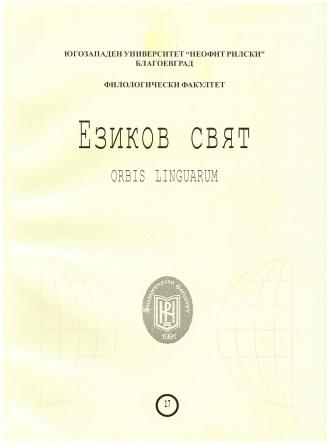
![Censorship from Plato to Social Media. The Complexity of Social Media’s Content Regulation and Moderation Practices [Author: Gergely Gosztonyi (Publisher: Springer Cham 2023)]](/api/image/getissuecoverimage?id=picture_2024_82951.jpg)
